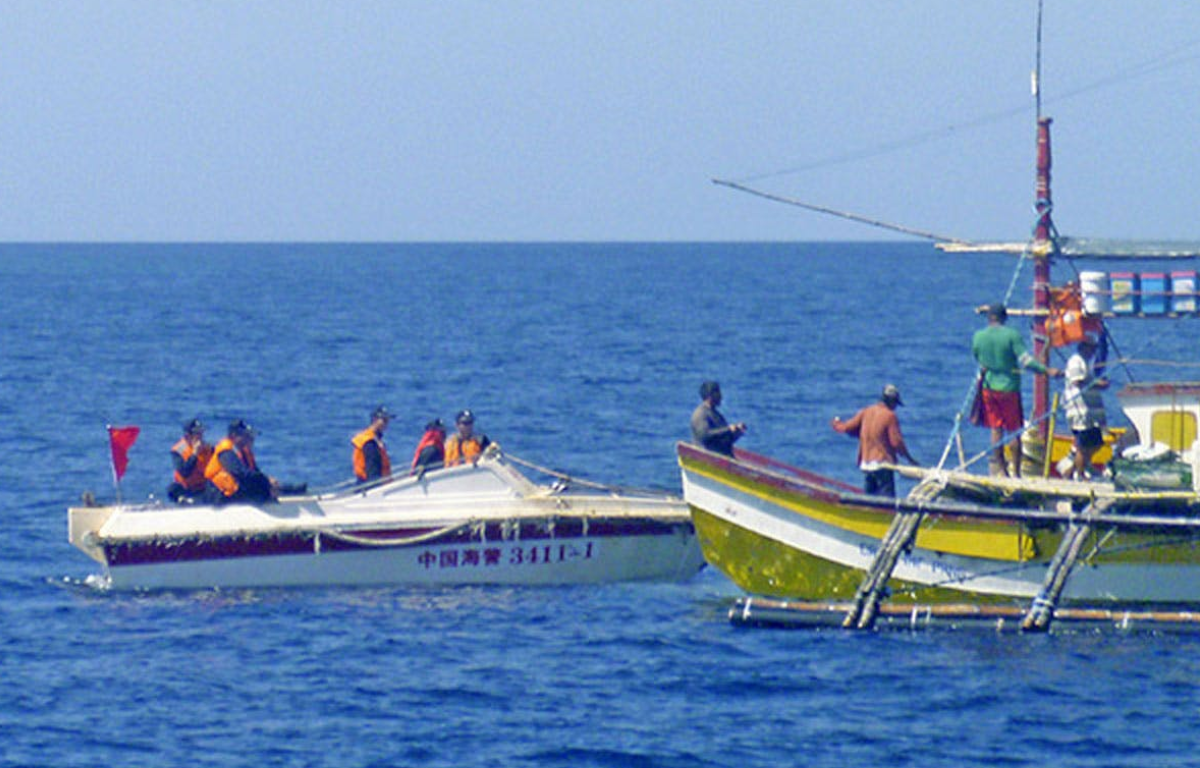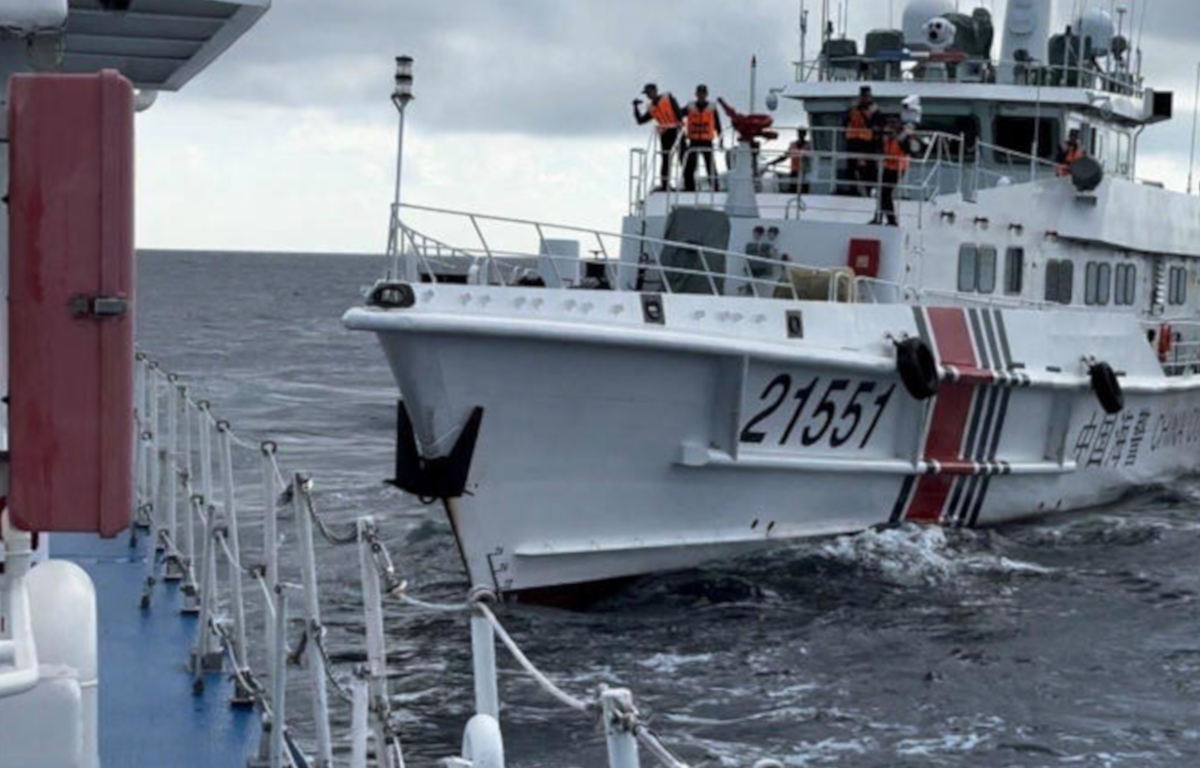
The Scarborough Shoal, located approximately 120 nautical miles west of the Philippines’ Zambales province, has been a source of tension in the South China Sea. Both the Philippines and China have historical claims to the shoal, and this overlapping territorial dispute has resulted in standoffs and diplomatic tensions over the years.
In 2016, an international tribunal ruled in favor of the Philippines, stating that China’s claims in the South China Sea, including the Scarborough Shoal, were invalid. However, China has consistently rejected the ruling and maintained its presence in the area, further complicating the situation.
The recent removal of the floating barrier by the Philippine Coast Guard is a notable development in the ongoing Scarborough Shoal dispute. The barrier had been in place for several years, preventing Filipino fishermen from accessing traditional fishing grounds in the area. The removal of this barrier is seen as a symbolic act of asserting the Philippines’ rights in the region.
The PCG justified the removal by citing the rights of Filipino fishermen to access the shoal’s waters, as upheld by the 2016 international tribunal ruling. This action has garnered support from various quarters within the Philippines, as it is seen as a necessary step to protect the livelihoods of Filipino fishermen.
The removal of the floating barrier has broader implications for regional geopolitics in the South China Sea. It serves as a reminder of the Philippines’ commitment to upholding its sovereignty and maritime rights in the face of competing territorial claims.
China has expressed concern over the removal of the barrier, and this development could further strain bilateral relations between the Philippines and China. It may also raise questions about how other regional stakeholders, including the United States and neighboring Southeast Asian nations, will respond to this assertive move.
The South China Sea remains a hotbed of geopolitical competition, with several nations asserting their claims to the contested waters. The Philippines’ actions in the Scarborough Shoal highlight the complexity of the issue and the need for peaceful resolution through diplomatic channels.
The Scarborough Shoal dispute underscores the importance of maritime security in the South China Sea. As nations continue to assert their rights and interests in the region, there is a growing need for multilateral cooperation and adherence to international law.
Efforts to resolve the dispute should focus on peaceful negotiations, confidence-building measures, and the preservation of freedom of navigation and overflight in the South China Sea. The removal of the floating barrier by the Philippine Coast Guard should serve as an opportunity for dialogue and diplomacy, rather than escalating tensions in an already volatile region.
The removal of the floating barrier by the Philippine Coast Guard at the Scarborough Shoal signifies the Philippines’ assertion of its rights and sovereignty in the disputed area. This action has raised questions about the future of the territorial dispute and its implications for regional geopolitics and maritime security.
As the international community watches developments in the South China Sea, it is crucial that all parties involved prioritize peaceful resolution, adherence to international law, and the promotion of stability in this vital maritime region. Only through diplomacy and cooperation can the longstanding issues surrounding the Scarborough Shoal and the broader South China Sea dispute be effectively addressed.










Share this: